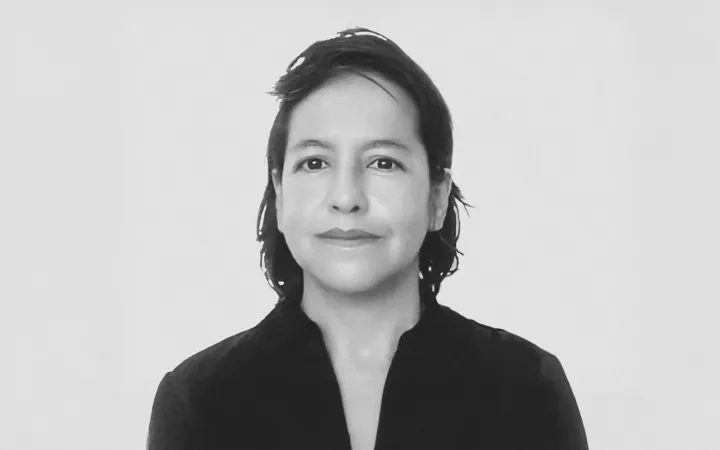Por Sofía Pérez Gasque
La llegada de Claudia Sheinbaum a la presidencia de México ha generado expectativas en torno a la promoción de políticas de igualdad de género. Sin embargo, es fundamental analizar cómo estas políticas impactan realmente a las mujeres y, en particular, a los niños y niñas en situaciones vulnerables. Aunque la creación de instituciones como la Secretaría Federal de las Mujeres y la implementación de leyes como "El agresor sale de casa" son pasos importantes, no siempre garantizan que todas las mujeres y sus hijos se beneficien equitativamente.
La administración de Sheinbaum ha elevado los derechos de las mujeres al rango ministerial al crear la Secretaría Federal de las Mujeres. Esta institución tiene como objetivo coordinar esfuerzos para implementar políticas que protejan a las mujeres y promuevan su desarrollo integral. Entre sus iniciativas destacan:
● Ley "El agresor sale de casa": Esta legislación permite que el agresor sea apartado del hogar durante el proceso legal, brindando mayor seguridad a las víctimas.
● Abogadas en todos los ministerios públicos: Se busca asegurar que todas las mujeres que denuncien violencia reciban atención especializada y apoyo legal.
A primera vista, estas medidas parecen prometedoras. Sin embargo, es crucial reconocer que tener abogadas o juezas no garantiza que se protejan adecuadamente los derechos de los niños y las niñas involucrados en disputas de custodia. La realidad es que, en muchos casos, el sistema judicial puede fallar en priorizar el bienestar infantil, dejando a los menores en situaciones vulnerables.
Cuando se trata de casos de custodia, la presencia de mujeres en posiciones de poder no siempre se traduce en decisiones que beneficien a las y los niños. A menudo, las disputas por la custodia pueden volverse un campo de batalla donde las necesidades e intereses de los menores quedan relegados. Las decisiones tomadas por abogadas o juezas pueden estar influenciadas por factores ajenos al bienestar infantil, como conflictos personales entre los padres o prejuicios inherentes al sistema judicial.
Esto plantea una pregunta crítica: ¿cómo se asegura que las políticas implementadas realmente protejan a los niños y niñas en estas situaciones? La falta de un enfoque centrado en el menor puede resultar en decisiones que perpetúan ciclos de violencia y desamparo.
Para que las políticas públicas sean efectivas en la protección tanto de mujeres como de niños, es esencial adoptar un enfoque integral que considere las dinámicas familiares y el impacto emocional en los menores.
Esto incluye:
● Capacitación para profesionales: Abogadas y juezas deben recibir formación específica sobre cómo abordar casos de custodia con una perspectiva centrada en el bienestar infantil.
● Protocolos claros: Establecer directrices que prioricen el interés superior del niño en
todas las decisiones relacionadas con la custodia.
● Apoyo psicosocial: Proporcionar recursos para ayudar a las y los niños a lidiar con el trauma asociado a conflictos familiares.
Aunque la administración de Claudia Sheinbaum ha dado pasos significativos hacia la promoción de la igualdad de género y la protección de las mujeres, es crucial evaluar cómo estas políticas impactan también a los y las niñas involucrados. La creación de instituciones y programas es solo el primer paso; su efectividad depende del compromiso real para garantizar que todas las partes vulnerables sean escuchadas y protegidas.
La verdadera igualdad no se logra simplemente con más mujeres en posiciones de poder; requiere un cambio profundo en la cultura institucional que priorice el bienestar infantil y garantice que cada decisión tomada refleja ese compromiso

Las opiniones expresadas son responsabilidad de sus autoras y son absolutamente independientes a la postura y línea editorial de Opinión 51.






Comments ()